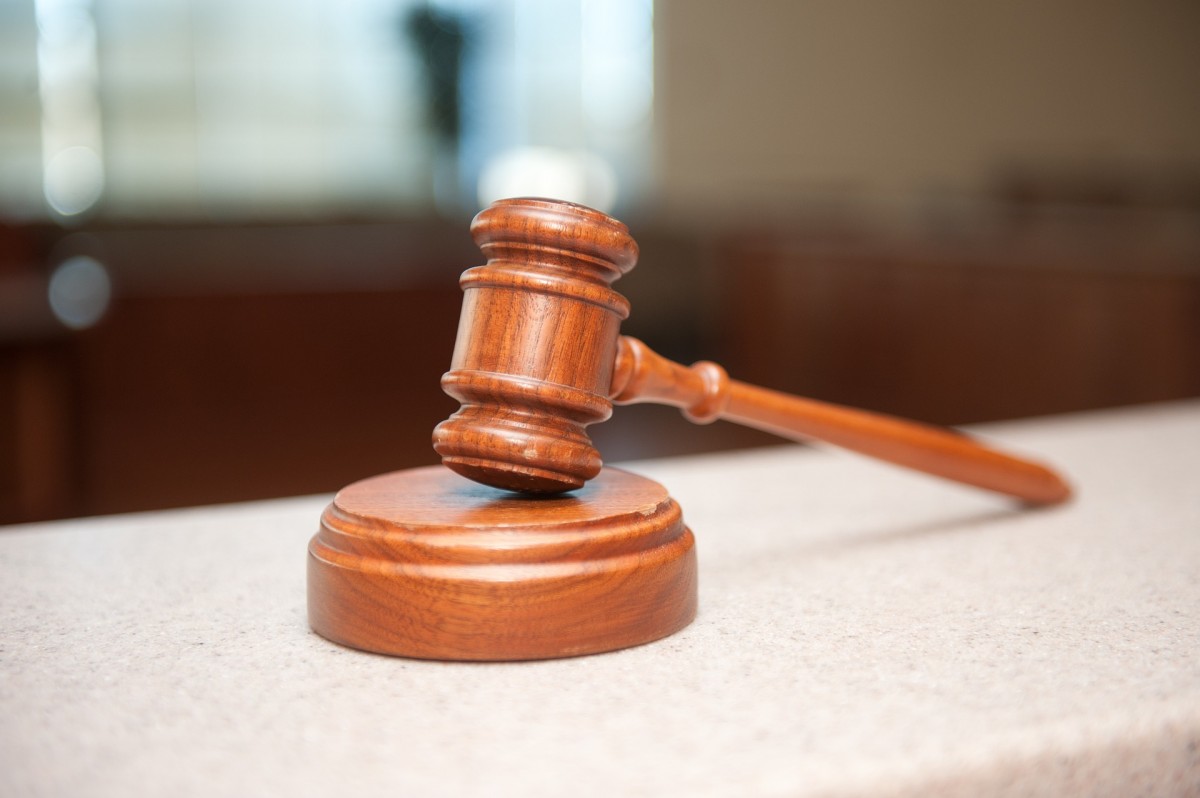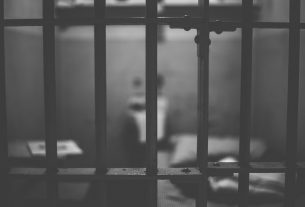The trial begins on Wednesday for the 14 alleged accomplices in the January 2015 terror attacks on French satirical weekly Charlie Hebdo and a Jewish supermarket.
The wave of terror spanning three days in January 2015 saw a total of 17 people killed, including France’s famed cartoonists, police officers and Jewish shoppers.
It started on January 7, 2015, when brothers Said and Cherif Kouachi went on a gun rampage in the offices of Charlie Hebdo, a weekly magazine that is known for its cartoons on religion and politics that test the limits of what society deems acceptable. They killed 12 people, including an officer who was patrolling the area.
The next morning Amedy Coulibaly, an acquaintance of Cherif Kouachi killed a female police officer. On January 9, he killed four men at the Hyper Cacher Jewish supermarket in the east of Paris.
Police shot Coulibaly and the Kouachi brothers dead in separate standoffs.
But who are the 14 going to trial on Wednesday? And how are they linked to the attackers?
Only 11 suspects will be present. The three others are being tried in absentia and are believed to have fled to northern Syria and Iraq, which was at the time under the control of the so-called Islamic State (IS) group. It is unknown if they are still alive.
They are:
Hayat Boumedienne
She is Coulibaly’s ex-wife and married him in 2008.
The Paris court is prosecuting her for “criminal terrorist association,” which is punishable by a 20-year jail term. She is also accused of financing terrorism for mounting several scams to help her husband pay for the logistics of the attacks.
Boumedienne appeared on the radar in October 2019 and was at the time reported as alive.
Mohamed and Mehdi Belhoucine
The eldest brother Mohamed faces the most serious charge of “complicity in terrorist crimes”.
Authorities believe he was an ideological mentor for Coulibaly. They met at a prison in Seine-Saint-Denis, north of Paris. He allegedly opened the channels of communication for him to be in contact with the Islamic State group and wrote the oath of allegiance that Coulibaly made to IS.
Belhoucine studied at the prestigious engineering university Ecole de Mines Albi-Carmaux.
His younger brother, Mehdi, is accused of helping Boumedienne escape from France.
The brothers’ deaths have not been proven.
The others who will stand trial are:
Ali Riza Polat
The Franco-Turk citizen also faces the most serious sentence of life imprisonment for his alleged “complicity”.
He is suspected of having a key role in aiding the attacks “at all stages of the preparation”, including helping to build weapons.
He reportedly had a close relationship with Coulibaly.
Willy Prevost
He spent much of his childhood with Coulibaly and was one of the first suspects to be arrested. His DNA was found in the Renault driven by Coulibaly to get to the Jewish grocery store. He confessed to buying his friend two knives and a taser.
Nezar Pastor Alwatik and Amar Ramdani
Both were close to Coulibaly and knew him from when they were imprisoned in Paris’s Villepinte jail together. An investigation said they met several times and spoke on the phone just before the attacks.
Pastor Alwatik’s DNA was found on two weapons that were discovered in an apartment rented by Coulibaly. It was also traced on a glove that was found in the Jewish grocery store.
Ramdani also visited the region of Lille in northern France in 2014, where some of the arms used in the attack came from. Saïd Makhlouf was with him and the two men met with Mohamed Fares, who allegedly provided at least one assault rifle.
Abdelaziz Abbad and Miguel Martinez
Both lived in Ardennes, where the wives of the Kouachi brothers came from. They met with Metin Karasular, who purchased a Mini Cooper that Coulibaly used.
Michel Catino
He is an old friend of Karasular and is accused of having a role in transporting the weapons between Belgium and France.
Christophe Raumel
He is the only defendant who will not be tried for terrorism. He was allegedly at the scene when the Renault Scenic vehicle, used by Coulibaly to drive to the Jewish grocery store, was purchased.
He is being tried for “criminal association”, which is punishable by a 10-year prison sentence.
Most of the remaining suspects are being tried for association with a terror organisation and could face 20-year jail terms.
Waiting for justice
The victims’ families hope the trial will shed light on how the operations were planned.
“This trial matters even though Amedy Coulibaly is dead,” said Patrick Klugman, lawyer for the victims at Hyper Cacher.
“Without those defendants in the box, Coulibaly would never have been able to act.”
“This trial is an important moment for them,” Marie-Laure Barre and Nathalie Senyk, lawyers for victims at Charlie Hebdo, said in a statement to AFP.
“They are waiting for justice to be done to find out who did what, knowing that those who pulled the trigger are no longer there,” they added.
Those who survived the massacres will testify at a court in northern Paris.
Wednesday’s terror trial will be the country’s first to be filmed for archival purposes because of the public interest.
The Paris court will sit until November 10th.
euronews.com
pixabay


















